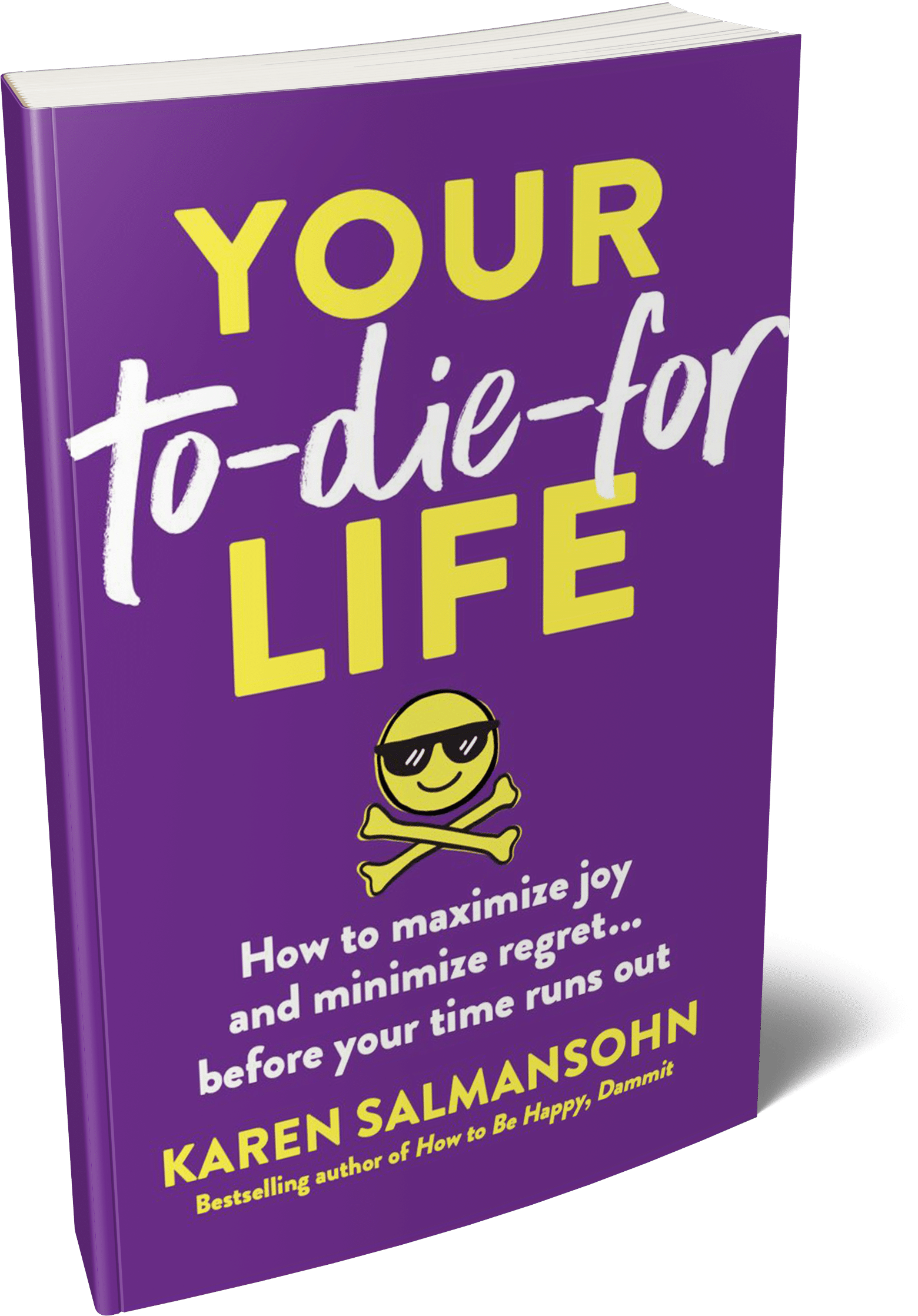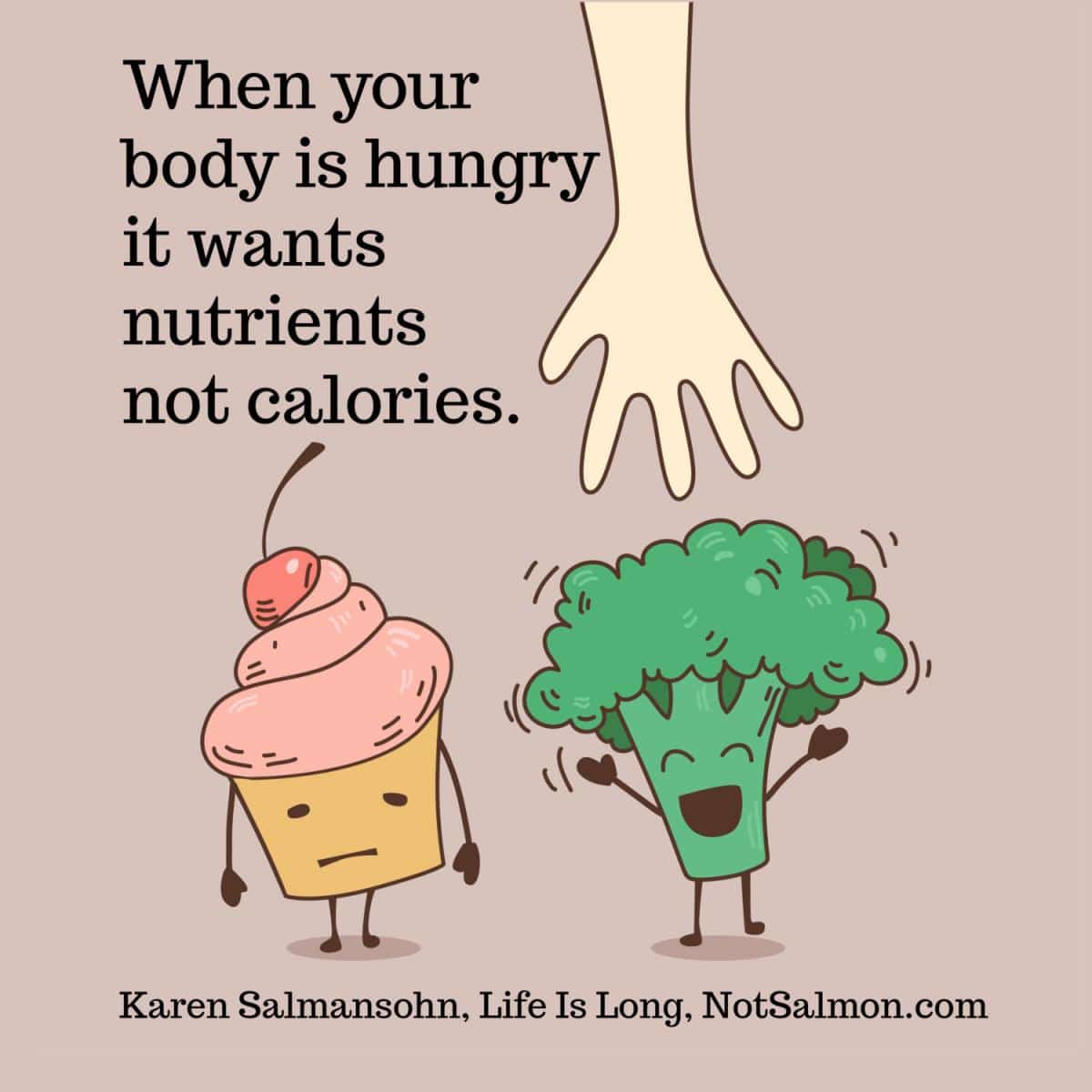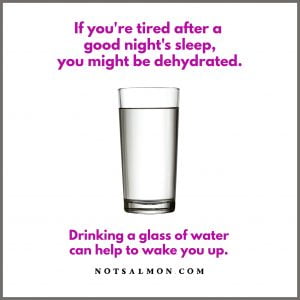
Get A Sneak Peek at my book “Your To-Die-For Life”!
Get a FREE sneak peek! Learn how to use Mortality Awareness as a wake up call to live more boldly.
 Discover the common diet mistakes women over 40 make and learn effective strategies for a healthier lifestyle in this comprehensive health guide.
Discover the common diet mistakes women over 40 make and learn effective strategies for a healthier lifestyle in this comprehensive health guide.
As I waved goodbye to my 30s and stepped into my 40s, suddenly my metabolism – once a reliable friend – started acting like a frenemy.
The same old diet tricks no longer worked their magic. And suddenly my favorite jeans were getting snugger (and snugger) – despite my tried-and-true routines!
If you’re a woman over 40 – maybe you relate? Are you suddenly noticing your body’s acting like it’s been swapped out overnight for a slightly more temperamental model?
If so, you’re in the right place. I’m an over-40 bestselling wellness author – known for my longevity book: “Life Is Long: 50 tips to live a little closer to forever.”
Plus I’m the founder of the nutritionist-recommended online program, “The Stop Emotional Eating Course.”
I’ve had the privilege of helping women all over the world to create healthier eating patterns. In this article, I’ll be sharing some of the big diet mistakes we women over 40 make – and what we need to do instead.
If you’re a woman over 40 trying to figure out how to maintain a diet that keeps you healthy and slim – here’s the lowdown on the common diet mistakes we over-40 women make – and how to fix them!
I thought protein was just for those trying to bulk up, but nope! Research shows that after 40, we lose muscle mass at a frightening pace – at a rate of up to 8% per decade. The fix? Sneak protein into your meals like a culinary ninja. It’s suggested to consume at least 0.8 grams of protein per pound of ideal body weight. Protein is essential for building body tissue and provides better satiety.
I used to shy away from fats, but it turns out they’re not all villains. Avoiding fats or consuming the wrong types (like high-fat and high-carb combinations) can be detrimental. Healthy fats are necessary for hormonal balance and brain health. In particular, Omega-3s are crucial for slowing age-related decline, supporting cognitive function and battling inflammation (reports a study in the Journal of Nutrition). They can also impact the length of telomeres, which are indicators of aging. In particular, you should explore whole fat sources – like avocados, wild fish, and use oils like extra virgin olive oil.
Cruciferous vegetables are nutrient-dense and help in detoxification, especially of estrogens. They are rich in fiber and essential for gut health. Plus, they’re packed with important fibers and nutrients that help to prevent chronic diseases. In fact, PLOS Medicine tells us they’re nutritional powerhouses, and should take center stage and not just be seen as a sometimes side dish. So we over 40 women need to give veggies the spotlight they deserve: a minimum of five servings per day is recommended. Plus, it’s important to focus on consuming non-starchy vegetables – and limit intake of these high-glycemic carbs – so we can better control our blood sugar and insulin response.
 Counting calories was my go-to, but it turns out that’s not the key. Contemporary research in JAMA says it’s all about the quality of your diet, not just the calorie count.
Counting calories was my go-to, but it turns out that’s not the key. Contemporary research in JAMA says it’s all about the quality of your diet, not just the calorie count.
Meaning? Don’t count calories – count macros – and make sure you are getting the types of macronutrients that will help prevent hormonal imbalances (protein, fats, etc).
Basically, the quality and source of calories are the most important thing to focus on.
As we age, our digestion needs more TLC. I learned it’s not about bland diets but about supporting our digestive system with the right foods and habits. Gastroenterology Research and Practice highlights our dwindling enzyme production. Meaning? As we age, the production of digestive enzymes decreases. As a result, we need to supplement with enzymes, especially for protein and fat digestion, because enzymes can aid in better nutrient absorption.
 I underestimated the power of hydration. Hydration is crucial, especially as we step into our 40s. It helps us to maintain balanced metabolism, detoxification, and overall well-being – which tends to slow down with age (says research in The Journal of Clinical Endocrinology and Metabolism). Basically, as estrogen levels fluctuate during perimenopause and menopause, staying hydrated can help mitigate symptoms and maintain overall well-being.
I underestimated the power of hydration. Hydration is crucial, especially as we step into our 40s. It helps us to maintain balanced metabolism, detoxification, and overall well-being – which tends to slow down with age (says research in The Journal of Clinical Endocrinology and Metabolism). Basically, as estrogen levels fluctuate during perimenopause and menopause, staying hydrated can help mitigate symptoms and maintain overall well-being.
Quality sleep becomes even more critical in your 40s. Hormonal changes can disrupt sleep patterns, impacting your metabolism and appetite-regulating hormones like ghrelin and leptin. Poor sleep can mess with your metabolism and hunger hormones – per the Annals of Internal Medicine. Plus a good night’s sleep is essential for managing stress levels, which can affect hormonal balance. Basically, quality sleep is like an empowering health reset button for your body. You need adequate sleep to maintain a healthy weight, reduce the risk of chronic diseases, and maintain good cognitive function.
For women over 40, stress management is vital for maintaining hormonal balance and preventing weight gain – which are especially challenging for perimenopausal and menopausal women. Basically, chronic stress can lead to elevated cortisol levels, disrupting your body’s normal hormonal functions and leading to increased appetite and cravings (says The Journal of Eating Disorders). With this in mind, try these effective ways to manage your stress.
Navigating dietary changes in your 40s is about understanding your body’s new needs and responding with smart, sustainable choices. It’s not just about what you eat. It’s about holistic wellness – nourishing your body, mind, and spirit.
If you’re a woman over 40 and would like more support you in embracing healthier eating habits…explore a 1-on-1 Mindset Mastery Session with me on Zoom.
Explore my nutritionist recommended online program: The Stop Emotional Eating Course.
P.S. Before you zip off to your next Internet pit stop, check out these 2 game changers below - that could dramatically upscale your life.
1. Check Out My Book On Enjoying A Well-Lived Life: It’s called "Your To Die For Life: How to Maximize Joy and Minimize Regret Before Your Time Runs Out." Think of it as your life’s manual to cranking up the volume on joy, meaning, and connection. Learn more here.
2. Life Review Therapy - What if you could get a clear picture of where you are versus where you want to be, and find out exactly why you’re not there yet? That’s what Life Review Therapy is all about.. If you’re serious about transforming your life, let’s talk. Learn more HERE.
Think about subscribing for free weekly tools here.
No SPAM, ever! Read the Privacy Policy for more information.